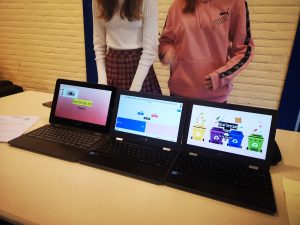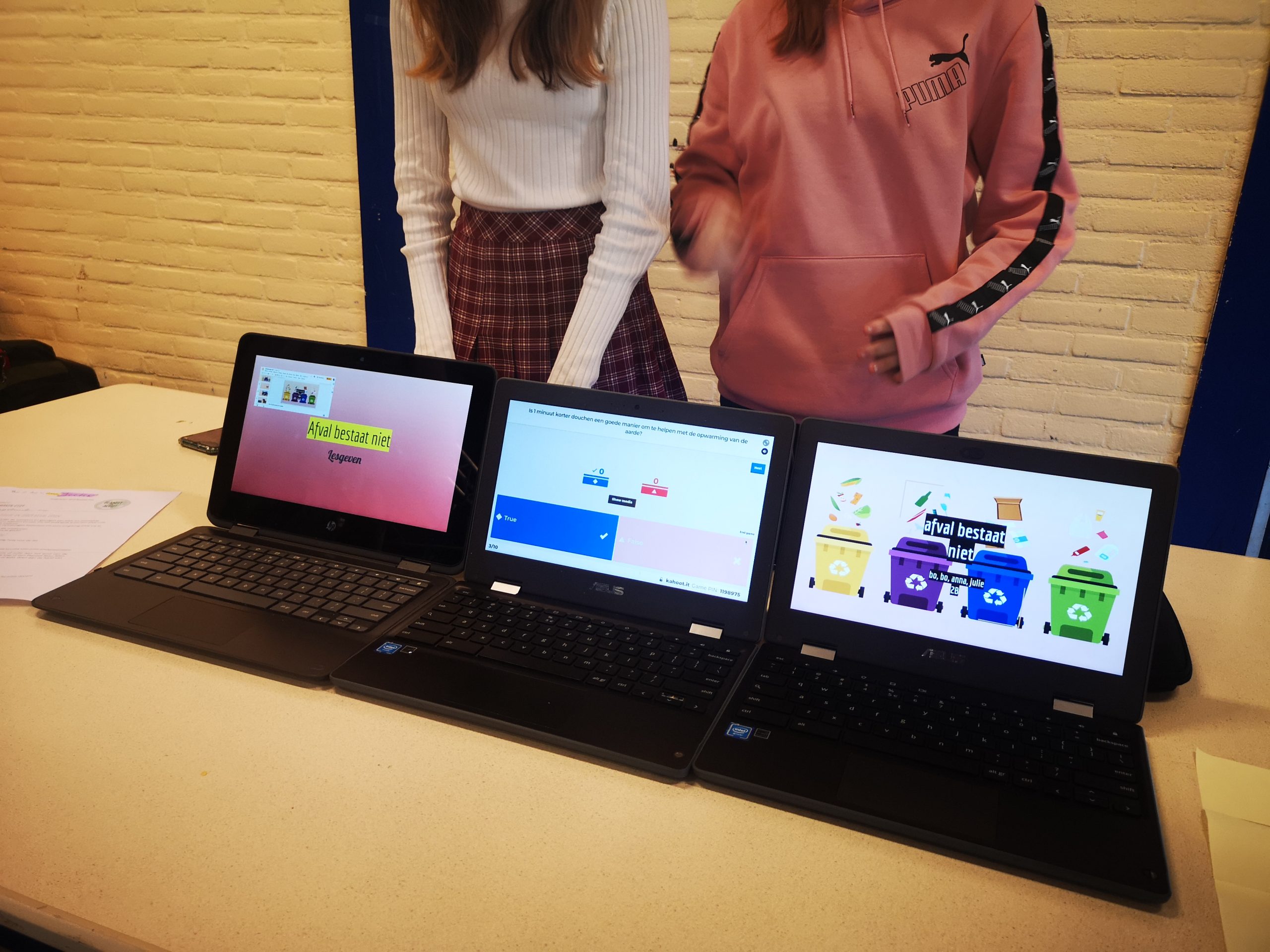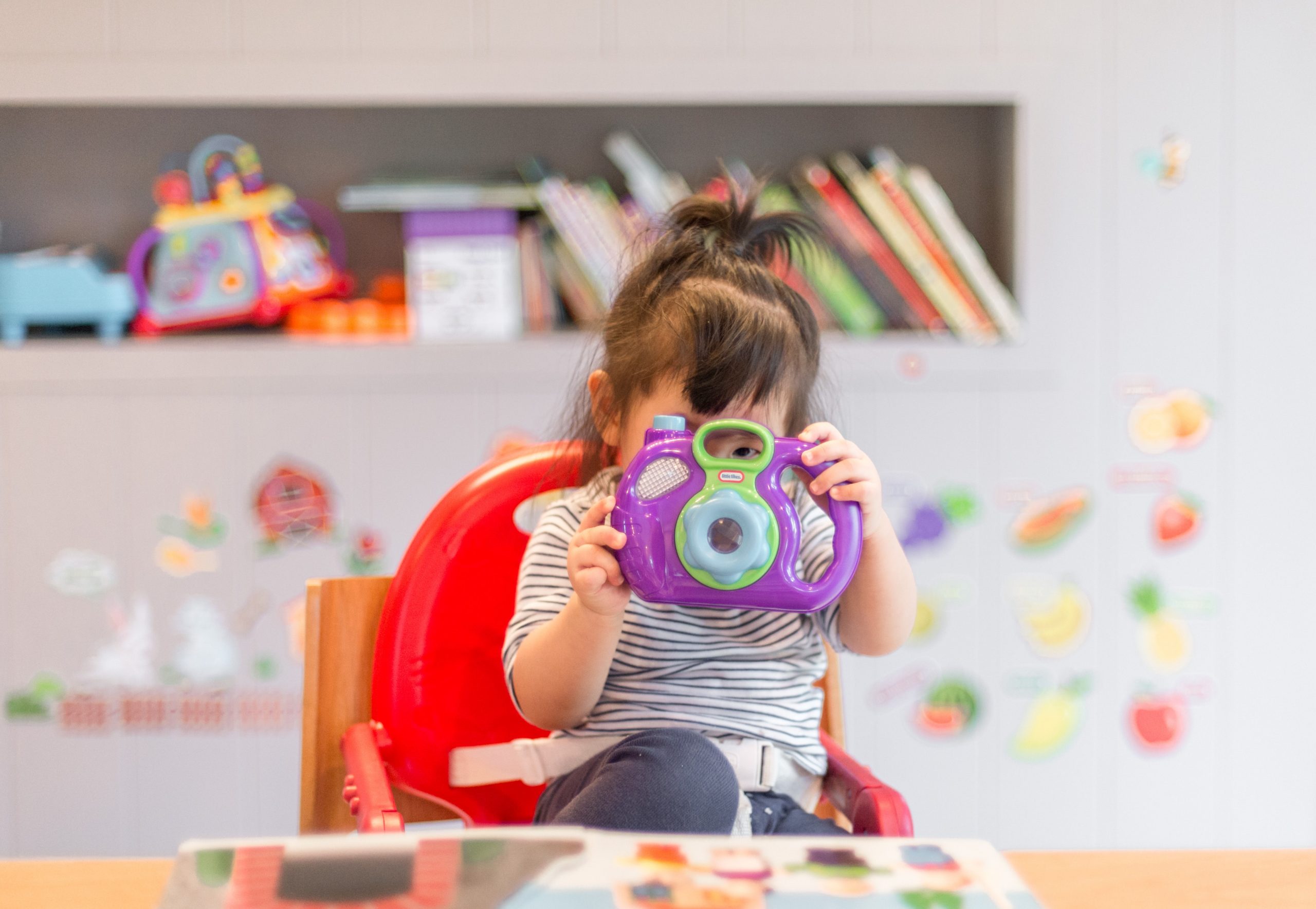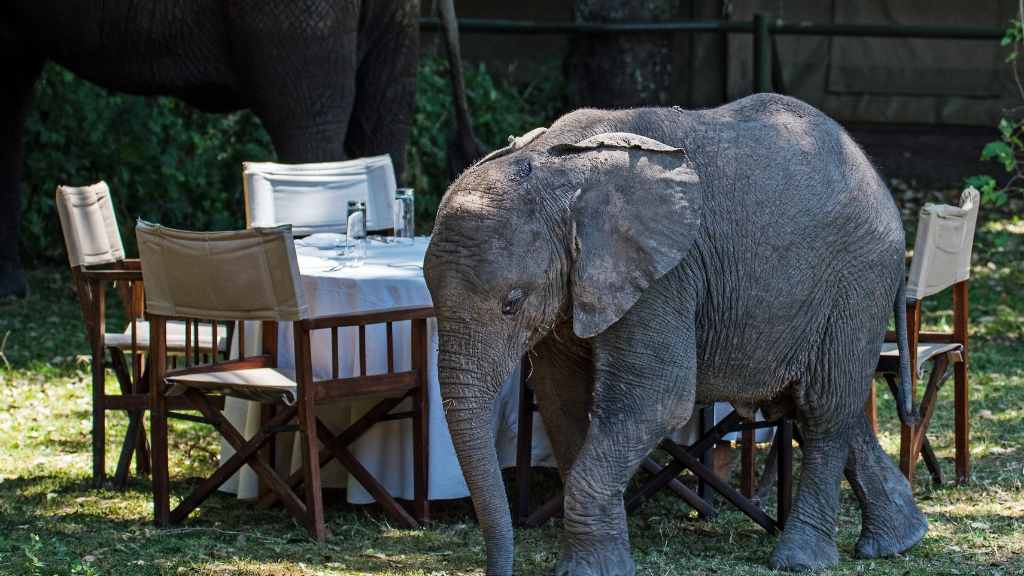In the Co-creation Labs at Rockingham Junior and Infant School the process is bringing up some exciting possibilities and activities that we hadn’t bargained for. One idea that a 10 year old (Year 6) voiced about feeling intimidated by older children when he walks to the local shop has led to a whole off shoot project. The Y6s have made a video to show the older children so they can explain how they feel and talk about how this could be tackled, perhaps just through simply getting to know the older children. Now, because these Year 6 children have become involved in the project, they support the younger children, as one 10 year old girl said – ‘I don’t take part directly but indirectly by helping the younger children’.
Louise Greenwood, the school leader, has noticed how this helps the Y6s develop their empathy for the younger children. So, the development of social innovation competences happens not only through direct input by the Lab facilitator but through the children working together – intergenerational collaboration can take place between children of different ages, not just adults and children. Seeing this success has prompted Louise to consider having older children involved from the beginning in the future to see how the relationships develop and whether the younger children would seek out the older children outside of the Lab for support or friendship. This video is going to be put to further good use by linking in with one of the school’s existing initiatives called Philosophy for Children.
The video can be used in class with a range of age groups to promote reflection and discussion about the issues it addresses which would develop social innovation competences such as empathy and collective and creative problem solving. So, a learning resource created by children that originated from a social challenge experienced by children is permeating the curriculum helping a wider range of young people to develop their SI competences and be made aware of local community issues. The ideas and people involved are snowballing!

An interesting development that has been noted by the local rector as well as school staff is the difference in the children’s confidence. Their presenting skills and interaction with adults are improving, the children’s body language is more open and they now make eye contact with the adults. Today the children interviewed the adults and recorded them on tablets. After helping the adults operate the tablets, they took part and children as young as 6 were confident and using appropriate face and body language as if they were trained reporters!
Another insight mentioned by the school governor was how useful it is to refresh their knowledge of the issues affecting children and how they make them feel, as there are not many forums for this. Hence, really being able to listen to and engage in dialogue the children is seen as a strength of the Co-creation Labs. Additionally, many of the adults live further afield and aren’t aware of the social issues in the local area of the schools so talking to the children in the Labs enables them to learn about any challenges and use the perspectives of the children to help address them.
As a Y6 girl astutely mentioned – “adults have a wider perspective, so the children bring their imagination and the adults makes sense of it.” One school governor of Herringthorpe Junior School said that she felt she had the power to effect change alongside all the actors in the Lab and one Y6 girl reiterated this sentiment, saying that she feels she can make a difference but only when part of a bigger group, as in the NEMESIS project. The benefits of a collective mindset that’s happening within the Labs is being experienced by children and adults alike.
At Willow Tree Academy one of the 6 life skills that are practised in every lesson is problem solving and this is evident when observing the Co-creation Labs. Two boys were given the task of coming up with ideas for a multi-functional room and, without prompting, were thinking of ways to keep any technology safe. They then thought that having chairs without wheels for people to use would be less chaotic and that chairs like you have in a classroom could be good for this as long as they had some cushioning in case people fall or walk into the chair. The boys then began looking at the chairs they were sitting on and talking about where the cushioning would go. Seeing such problem solving lead to creative prototyping in less than a minute was fascinating and it’s great to see how NEMESIS can support the existing skills approach of the school.

Having a real purpose is helping the youngsters with their writing skills as often when asked to write about an abstract concept it can be hard for them to engage but NEMESIS provides a tangible reason to write. The children understand the project and have taken ownership of their ideas to drive the project forward so they are more motivated to write about it because it feels personal, important and relevant. The interaction with real places, people and events helps their understanding which makes the writing easier and more enjoyable.
On a personal level, what struck me the most is how NEMESIS can be tailored to support different children in very different ways from pastoral nurture to competence development and how important it is to know the children well to be able to use NEMESIS as such focused, inclusive intervention.











